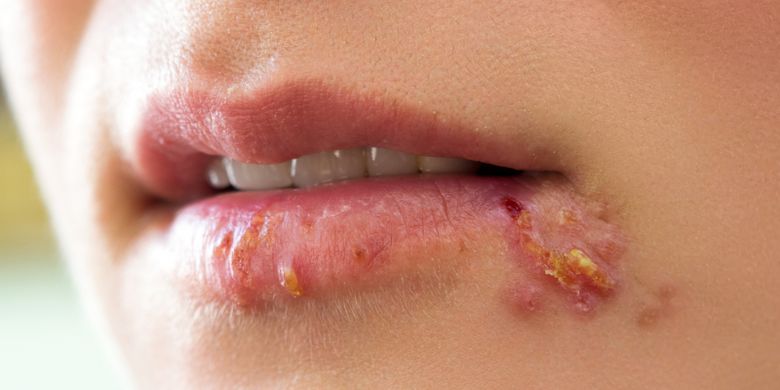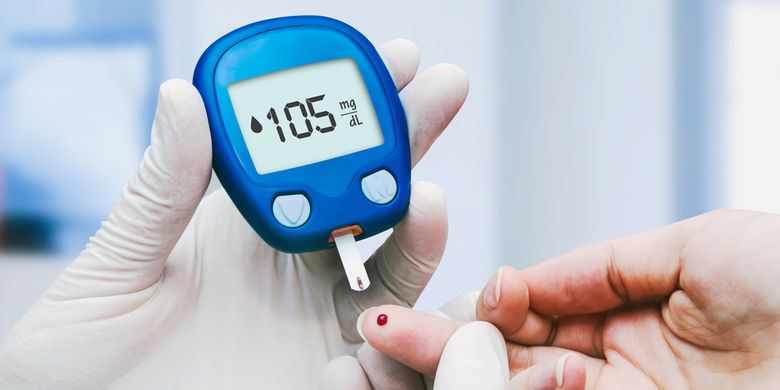5 Health Benefits of Propolis
KOMPAS.com – Propolis is a greenish brown sap-like substance produced by bees.
The sticky texture of propolis comes from a combination of plant or tree sap mixed with wax for the coating of the beehive.
Like honey, the properties of propolis have also been used for thousands of years to treat various health problems.
Also read: Can you take medicine after drinking honey?
Reporting from Healthline, the Greeks use propolis plural to treat inflammation of festering or abscesses.
Meanwhile, the Assyrians applied propolis to heal wounds and fight infection. Meanwhile, the Egyptians used it to embalm mummies.
The unique thing about propolis is that the content of this substance varies greatly, depending on the location of the bee, tree and flower of the host that is sucked.
For example, propolis from Europe, its chemical composition is not the same as propolis from the United States (US).
Researchers have so far identified more than 300 compounds in propolis. Of these, the majority of the compounds are flavonoid type polyphenols.
Polyphenols are powerful antioxidants that fight disease and damage in the body.
As a flavonoid antioxidant, propolis is said to be potential as an antibacterial, antiviral, anti-fungal, and anti-inflammatory agent.
Also read: 10 Benefits of Honey for Body Health
Despite the promising properties of propolis, studies of this substance are still limited. Here are some of the health benefits of propolis according to a number of studies:
1. Help deal with herpes
 .
.Launch Verywell Health, research says, applying propolis to herpes sores can help accelerate healing.
A study in 2010 found that propolis extract has properties against viruses, especially the herpes simplex virus type 1, which causes the herpes disease that attacks the lips and face.
In addition, the benefits of propolis also help treat sores on genital herpes.
In fact, there is one study that says an ointment containing the flavonoid propolis is more effective in healing genital herpes blisters than ordinary herpes ointments.
Also read: Why can’t babies under 1 year be given honey?
2. Accelerate the healing of burns
Another benefit of propolis is that it helps the healing process of minor burns.
Researchers have compared the effects of propolis-based creams with burns containing silver sulfadiazine.
The results of the study show that propolis is as effective as drugs to treat second and third degree burns.
The research also proved that propolis was more effective at treating inflammation than silver sulfadiazine-based burn drugs.
Also read: When can honey be given to babies?
3. Potential to overcome digestive disorders
 Gastric acid illustration
Gastric acid illustrationA number of experts have proven that the benefits of propolis are useful for treating digestive disorders such as ulcerative colitis to ulcers.
The content of caffeic acid phenethyl ester (CAPE), artepillin, kaempferol, and galangin in propolis has been shown to be effective against pathogens, including H. pylori source of indigestion.
However, keep in mind this research is still limited to animal studies and cell culture. Further studies are needed to test its effectiveness in humans.
Also read: Honey for Overcoming Stomach Acid: Benefits and How to Use it
4. Helps prevent cavities
The compounds present in propolis can help fight cavities.
In laboratory tests, experts found that propolis can inhibit the growth of streptococcal bacteria.
This germ is a bacteria that usually sticks to the teeth.
Also read: Recognize Honey Allergy Symptoms and How to Overcome Them
5. Maintain blood sugar levels of diabetics
 Illustration of blood sugar level test, diabetes
Illustration of blood sugar level test, diabetesOther potential benefits of propolis are maintaining blood sugar levels and lowering cholesterol in diabetics.
Animal studies in 2005 showed that mice that were given propolis decreased their levels of sugar and cholesterol.
However, further research is needed to test the potential benefits of propolis related to blood sugar in humans.
Propolis is generally safe for consumption and is not at high risk. However, people who are allergic to honey and children under one year of age need to be careful before consuming propolis.
In addition, people who take propolis in the long term can also cause allergic reactions. Allergic symptoms can appear skin problems such as acne or eczema.
To be safer, make sure you consult a doctor before taking propolis. Especially for people with a history of honey allergy, asthma sufferers, and for babies under one year of age.

